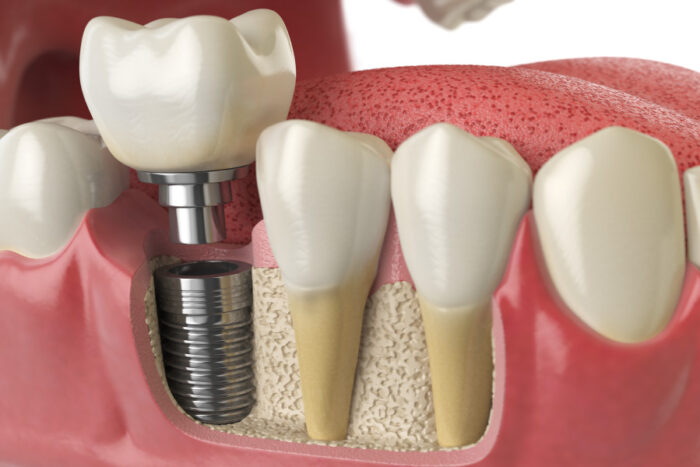6 Causes of Dental Implant Failure and How You Can Avoid Them
March 21, 2019 12:47 pm |Tags: causes of dental implant failure, dental implant crowns, dental implant failure, dental implant restoring dentist, OR dental implants, Portland, top Portland OR implant dentist
Categorised in: Dental Implants

